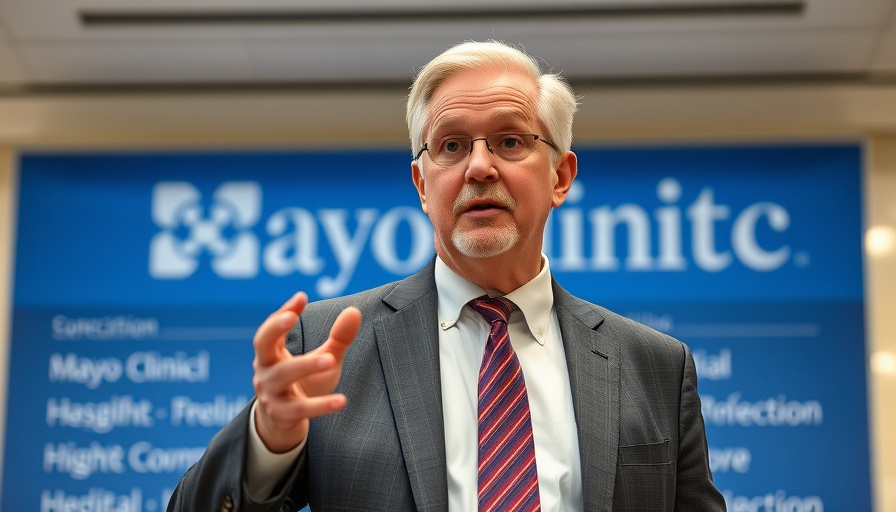
Shining a Light on Service: The Global Impact of Lions Clubs International
In the recent Mayo Clinic Ophthalmology Podcast episode featuring Brian Sheehan, past president of Lions Clubs International (LCI), the discussion highlights the expansive and remarkable efforts of the Lions to provide humanitarian aid and promote vision health globally. This organization, steeped in a rich history dating back to 1921, stands at the forefront of initiatives aimed at preventing blindness and addressing critical health issues worldwide.
In What are the global footprints of Lions Clubs International - Past President Brian Sheehan -Part 2, the discussion dives into how Lions Clubs' global efforts in vision and community health sparked a deeper analysis on our end.
Why Lions Matter in Our Communities
The Lions are known for more than just their work in vision care. As Sheehan explains, their mission includes tackling hunger, engaging in environmental preservation, supporting youth, and responding to natural disasters. By establishing a comprehensive approach to community needs, Lions Clubs can adapt to the specific challenges faced by local populations, providing impactful service wherever they go.
Connecting Local Actions to Global Goals
Sheehan shared powerful personal experiences from his travels as an international leader, including encounters with poverty and the profound transformation seen in his daughter during a trip to the slums of Calcutta. These stories underline the mission of the Lions: helping people across the globe, alongside raising awareness about local chapters and their respective endeavors.
An Invitation to Get Involved
As the discussion emphasizes, there is a significant opportunity for healthcare professionals, particularly ophthalmologists, to engage with local Lions Clubs. Collaborations can bolster vision services, from screening programs to community education on eye health. Sheehan encourages practitioners to reach out to their Lions Clubs, offering their expertise to amplify the club's impact in answering the urgent needs of communities.
In essence, Lions Clubs International represents a network of compassion and action, reminding us that together, we can create lasting change. If you’re inspired to join in this vital work of serving others, consider connecting with your local Lions Club today!
 Add Row
Add Row  Add
Add 




Write A Comment